Femia > Health Library > Your cycle > Health > Can you get lip fillers while pregnant? Here’s what you need to know.
Can you get lip fillers while pregnant? Here’s what you need to know
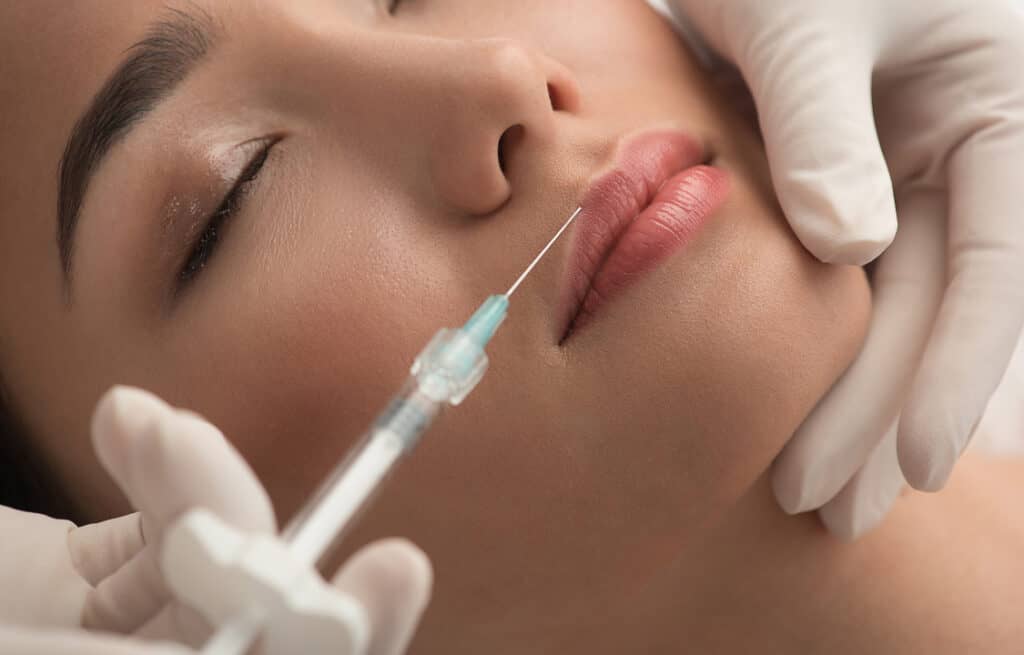
- Updated Feb 10, 2025
- Published
CRAFTED BY HUMAN
Crafted by human At Femia, we provide accurate and up-to-date information at every stage of your journey, from trying to conceive, pregnancy and postnatal support. All content is created by a real person based on in-depth research and own professional experience. Femia ensures that you will receive expert advice, strict accuracy and a personalized approach from our authors/medical experts. Learn more about our editorial policy.
FACT CHECKED
Fact checked At Femia Health, we maintain the highest standards of editorial excellence in delivering content focused on helping you conceive, guiding you through pregnancy, and supporting you postpartum. Explore our content review principles to learn how we ensure the accuracy and quality of our health and lifestyle tips for every stage of your journey.
It is best not to get your lips done while pregnant or breastfeeding because of fluctuating pregnancy hormones. You could experience uncomfortable side effects, and put your and your baby’s health at risk.
We know lip fillers might be a regular part of your beauty routine, but there are good reasons to postpone the next appointment. If you are wondering whether you can get lip injections while pregnant, the answer is a quite straightforward “no.” Here’s why.
With Femia, you will get personalized insights every step of the way
Can you get lip fillers while pregnant?
Most healthcare professionals advise against getting lip injections during pregnancy and feel uncomfortable performing cosmetic procedures on pregnant ladies. If your injector does not seem to worry about the potential risks to your and your baby’s health, consider it a red flag.
There is very little research on using lip fillers, also known as dermal fillers, during pregnancy, mainly due to the ethical and legal concerns of testing on pregnant women. However, despite the lack of specific research, everything we know about the general risks of lip fillers plus the effects of pregnancy on the body tell us that the two are not a good combination.
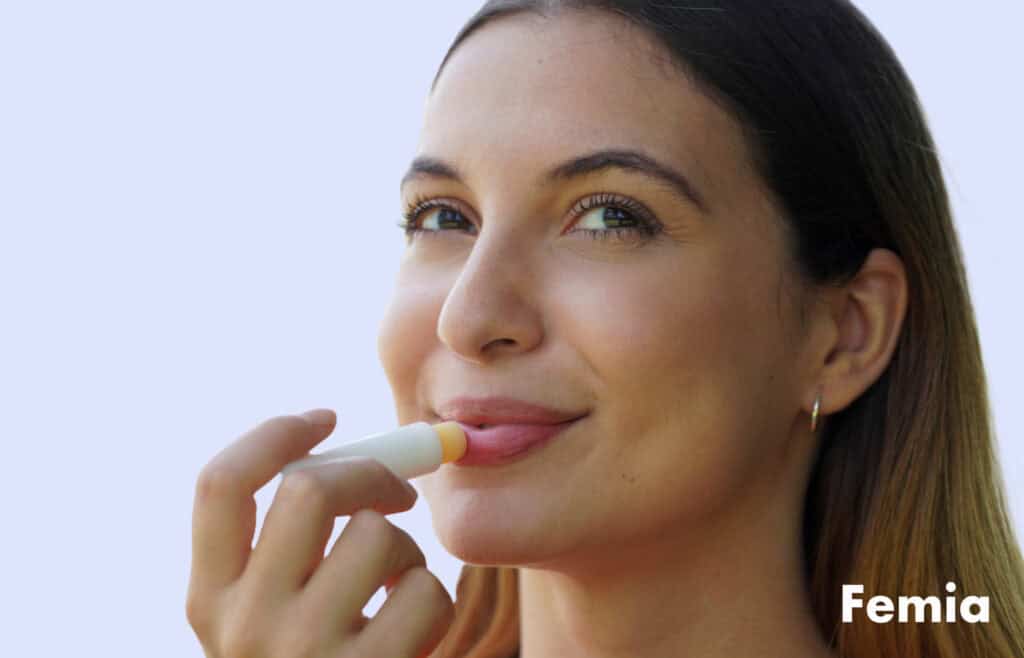
What do the medical recommendations and guidelines say?
Can you get lip filler while pregnant, according to the current guidelines? The U.S. Food and Drug Administration (FDA) does not review or approve lip fillers for use during pregnancy, since there is not much evidence of their safety. Most lip filler manufacturers also decide to err on the side of caution and recommend avoiding their products while expecting.
The American Society for Dermatologic Surgery advises against using dermal filler during pregnancy, as well as while breastfeeding. There is a solid agreement regarding this among cosmetic industry professionals across the U.S.
👉Find out more: Can you get Botox while pregnant?
Potential risks of getting fillers while pregnant
What could go wrong if you get lip filler while pregnant? Let’s take a closer look.
Allergic reactions
Pregnancy changes the way your hormone production and immune system work. As a result, pre-existing allergies might get worse, and you may even develop brand new allergic reactions. This includes substances like lip filler, even if getting it has never bothered you before.
Lip filler formulations often include ingredients used to modify the solubility and viscosity of the filler, which may potentially trigger an allergic reaction.
Infection risk
If your immune system didn’t change while expecting, it would think of the baby as a foreign invader. Luckily, your body learns to accept the fetus without attacking it. The downside of this natural phenomenon is that it might tolerate microorganisms more easily too, which puts you at greater risk for infection.
Heart damage
Hyaluronic acid in dermal fillers is often mixed with small amounts of a local anesthetic, such as lidocaine. If the mixture is accidentally injected into a small blood vessel of the lip, both the baby and mother could be exposed to a substance that can damage the heart. The mother may experience dizziness, sweating, heart racing, and headache. If these symptoms happen after a lip injection procedure, it is best to seek urgent medical attention.
While these complications are theoretically possible, they are very rare.
👉Find out more: Can you get piercings while pregnant?
Unknown effects on the baby
Since there is not enough scientific data on the effects and safety of fillers during pregnancy, we have no way of knowing whether they can affect the baby’s development and cause any other serious health concerns.
👉Find out more: Can you get a spray tan while pregnant?
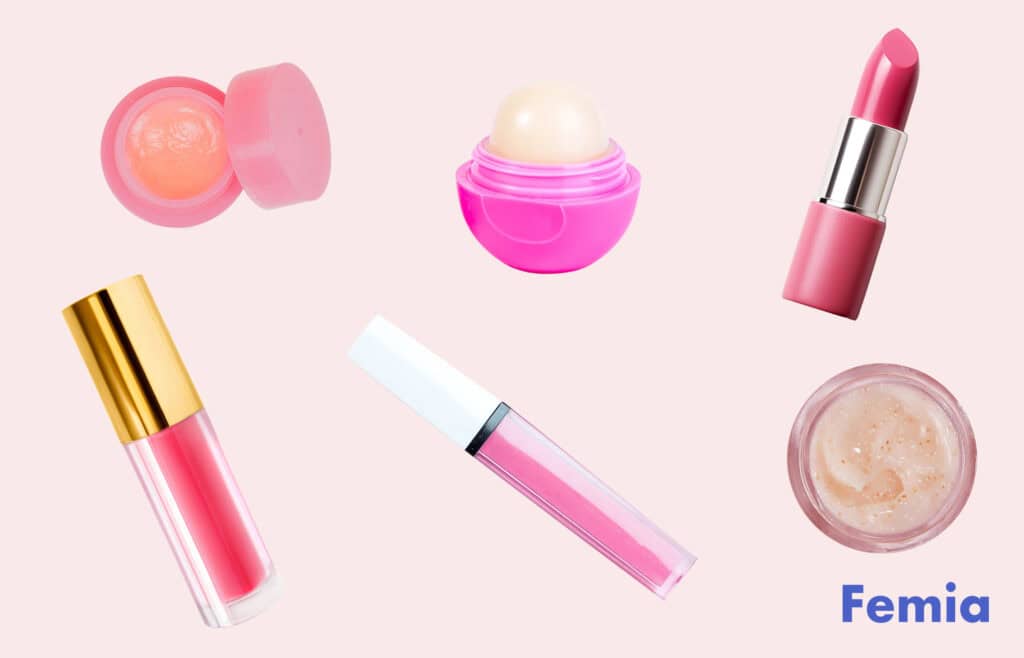
With Femia, you will get personalized insights every step of the way
Questions from the Femia community
What if I had fillers before I knew I was pregnant?
Make sure to talk about this with your healthcare provider. In general, there should be no reason for concern. Fillers containing hyaluronic acid usually stay put in the area treated, as opposed to migrating through the body and potentially getting into the bloodstream. They also typically go away on their own within six to nine months, depending on your body and the type of filler used.
If you wish to err on the side of caution and get them dissolved, you can do that with the hyaluronidase enzyme, which breaks down hyaluronic acid. Still, that intervention comes with the risk of developing an allergic reaction to the enzyme itself, so discuss with your healthcare provider first.Can fillers affect breastfeeding?
The available information on the effects of dermal fillers while breastfeeding is scarce. That’s why most health organizations and healthcare providers advise against using them while breastfeeding. This makes a lot of sense: whatever gets into your body and bloodstream may also become part of the milk for your baby. Waiting seems like the safest bet.
Is it safe to use over-the-counter lip-plumping products during pregnancy?
The safety of lip-plumping products during pregnancy depends on their ingredients. Most of them are pregnancy-safe, but make sure to stay away from irritants.
For instance, it’s okay to apply hyaluronic acid, peptides, and natural oils on the surface of your lips. Products that contain these ingredients will do a great job of hydrating your lips and making them look plumper. However, strong active substances like menthol may irritate your already sensitive skin and lips, so it’s best to stay away from them.
The bottom line
So, can you get filler while pregnant? In short: pregnancy is a time to enjoy a more natural look – lip fillers and other injectables can wait. There is an overall agreement about this among the healthcare specialists and regulatory bodies in the U.S.
The risks that come with getting lip fillers during pregnancy simply outweigh the benefits: you could get an allergic reaction or an infection, expose your baby to toxic molecules, or compromise its health in ways we don’t even know about. Take your sweet time, and wait to give birth and finish breastfeeding before getting lip injections.
Most importantly, discuss any cosmetic procedures you wish to get with your healthcare provider or obstetrician first. They will know what to do and how to keep you and your baby safe.
References
- Danielewicz, Hanna, et al. “Sensitisation Patterns and Allergy Outcomes in Pregnant Women Living in the Urban Area.” Allergy, Asthma & Clinical Immunology, vol. 17, no. 1, May 2021, p. 46. BioMed Central, https://doi.org/10.1186/s13223-021-00547-0.
- “Dermal Fillers (Soft Tissue Fillers).” U.S. Food & Drug Administration (FDA), FDA, 21 Feb. 2024, https://www.fda.gov/medical-devices/aesthetic-cosmetic-devices/dermal-fillers-soft-tissue-fillers.
- Garg, Adit Mohan, and Venkataram Mysore. “Dermatologic and Cosmetic Procedures in Pregnancy.” Journal of Cutaneous and Aesthetic Surgery, vol. 15, no. 2, June 2022, p. 108. journals.lww.com, https://doi.org/10.4103/JCAS.JCAS_226_20.
- “Injectable Hyaluronic Acid.” ASDS, https://www.asds.net/skin-experts/skin-treatments/injectables/injectable-hyaluronic-acid. Accessed 16 June 2024.
- Krishnan, Lakshmi, et al. “From Mice to Women: The Conundrum of Immunity to Infection during Pregnancy.” Journal of Reproductive Immunology, vol. 97, no. 1, Mar. 2013, pp. 62–73. ScienceDirect, https://doi.org/10.1016/j.jri.2012.10.015.
- Lee, Kachiu C., et al. “Safety of Cosmetic Dermatologic Procedures during Pregnancy.” Dermatologic Surgery: Official Publication for American Society for Dermatologic Surgery [et Al.], vol. 39, no. 11, Nov. 2013, pp. 1573–86. PubMed, https://doi.org/10.1111/dsu.12322.
- Smith, Victoria. “Pregnancy and Aesthetic Procedures: Understanding the Indications and Risks.” Journal of Aesthetic Nursing, vol. 5, no. 7, Sept. 2016, pp. 320–27. magonlinelibrary.com (Atypon), https://doi.org/10.12968/joan.2016.5.7.320.

There are lots of different types of vibrators and it can be difficult to choose. Find out the best vibrator for women and different types of sex toys.
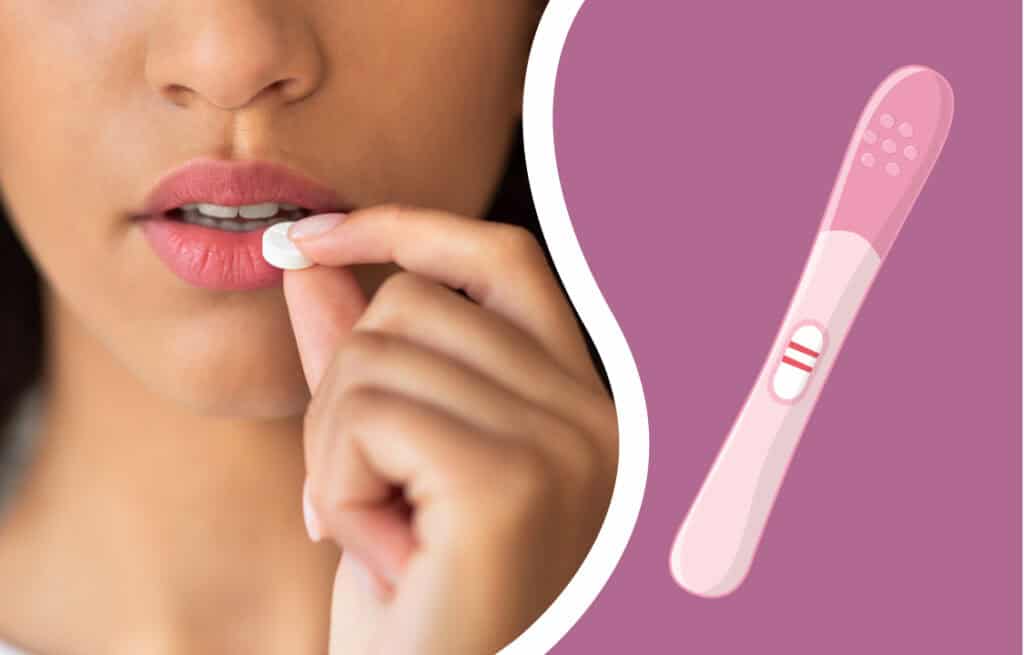
How to know if plan B worked? This can be a nerve-wracking question. If looking for answers, here are the common signs that plan b didn’t work.
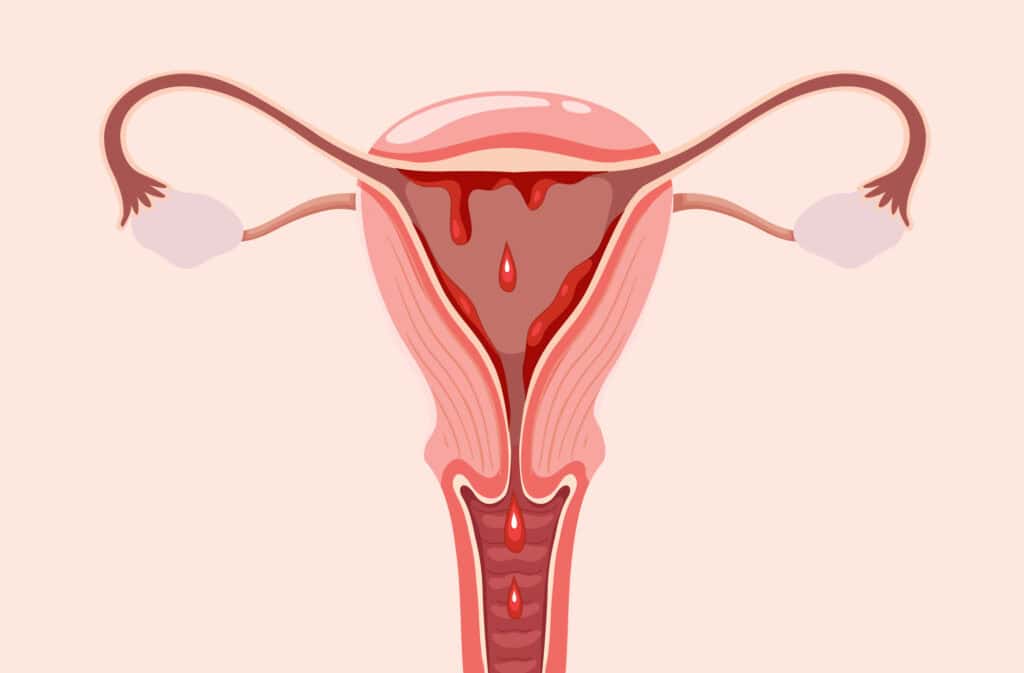
What is the menstrual phase of the cycle and how can you support your body during this time? Find advice on managing the common symptoms with foods and workouts.

